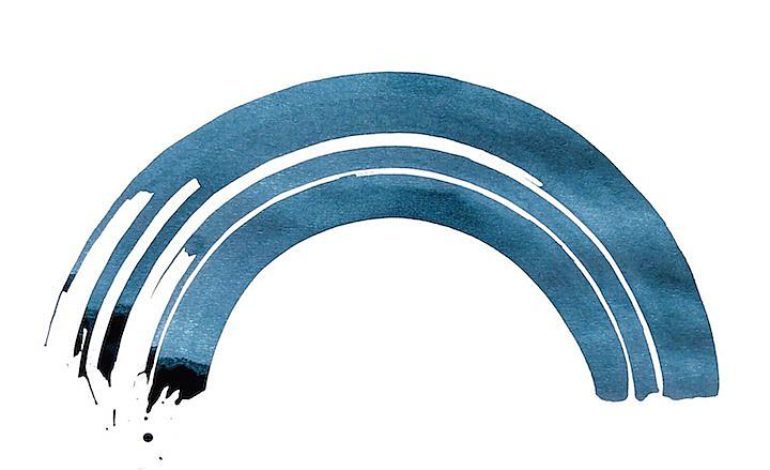

Alternative rock band returns after 14 years
Hardcore punk band At the Drive-In first broke up in 2001, though you could argue that the “split” was simply an opportunity for three of its five members to reorganize as Sparta and rebrand their previous group’s formula. Sparta’s 2002 debut Wiretap Scars was orchestrated and angsty, and except for some minor experimentation, the album sounded a lot like… well, At the Drive-In.
A delayed, metaphorical break-up must have occurred sometime between then and now. A portion of Sparta’s lineup would eventually branch off to form an At the Drive-In reunion, several bandmates choosing not to return; lead singer Jim Ward ultimately ended up as the group’s sole remaining original member. The structural diversion finally shows on Trust the River, Sparta’s first album in nearly 14 years; the band’s early affection for rhythmic onslaughts and fiery cadences is almost completely absent here.
No one is opposed to musical evolution, and as the dwindling image of At the Drive-In gets smaller and smaller in Ward’s rear-view mirror, his band may soon find the inspiration to embark on a fresh course. For now, Trust the River feels like a lateral move, stuck in the time period where Sparta came to fruition. On their latest record, the band forgoes its hardcore tendencies and instead recalls the zeitgeist of mid-2000s commercial alternative rock, imitating the likes of Snow Patrol and Pete Yorn. The production is admittedly tidy, and as a whole, the work yearns for the welcome sensitivity that occasionally appeared in 2006’s Threes. This newly discovered gentle touch makes the songs pleasant, though not very challenging; you’ll probably need to listen through the album only once to decide if you like it.
“Turquoise Dream” is one of the more successful tracks on Trust the River, even despite its inoffensive wordless chorus. A soft, underlying drive keeps the folk-rock song upbeat in an efficient manner, all while Ward exploits the nostalgic imagery and assembles hearty phrases like “born again at seventeen.” The same “go-for-broke” sentiment doesn’t translate as well on “Believe,” which clouds its intentions in the vague and emotionally removed language (“he runs his fingers through her hair and takes a look/ at a stolen car, she won’t come back”). Other songs, like “Empty Houses” and “Graveyard Luck,” simply lack the personality that the album’s stronger moments possess and act as punctuation to their neighbors in the tracklist.
Fortunately, the record’s animated closer, “No One Can Be Nowhere,” ends Trust the River on a relatively stimulating note, hopping between smooth, polished verses and untethered ones. The late highlight isn’t enough to turn the album on its head, but it may generate some speculation as to what Sparta’ can bring to the table during their second phase.
